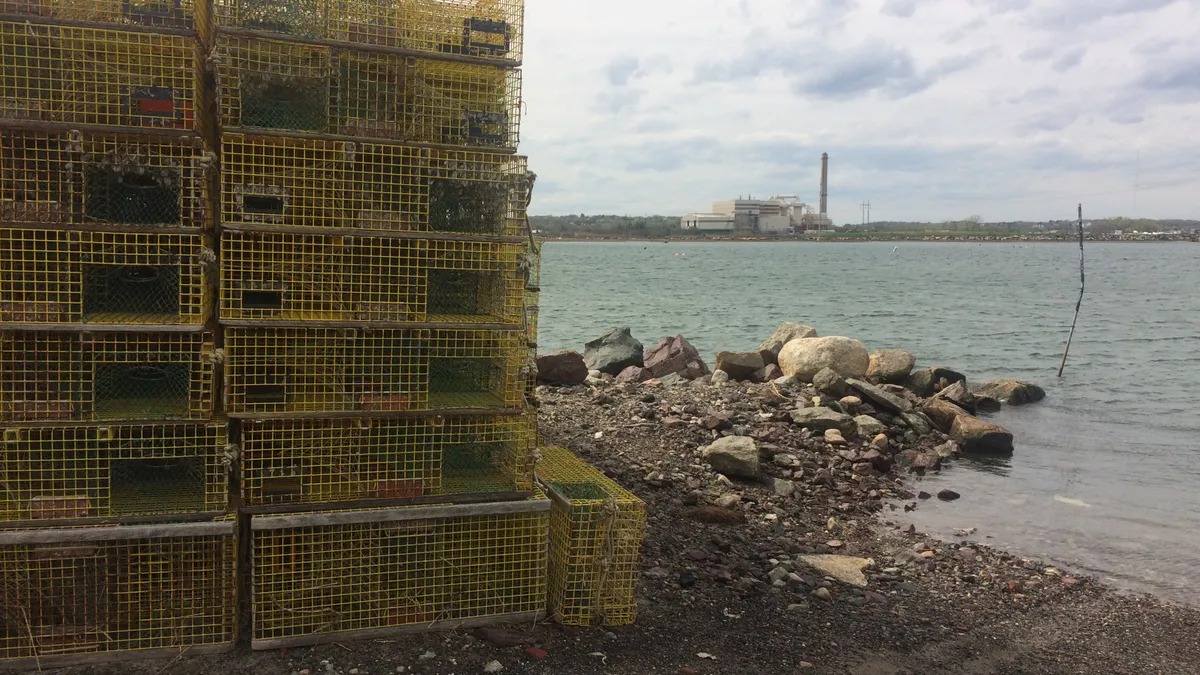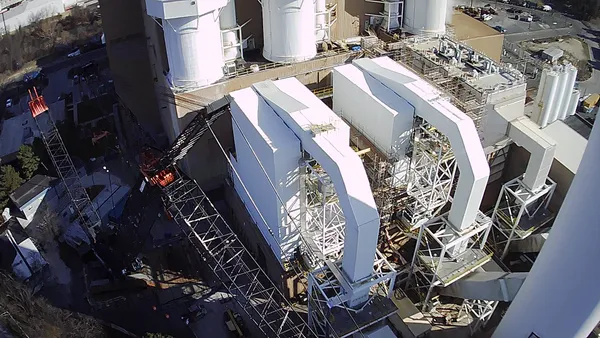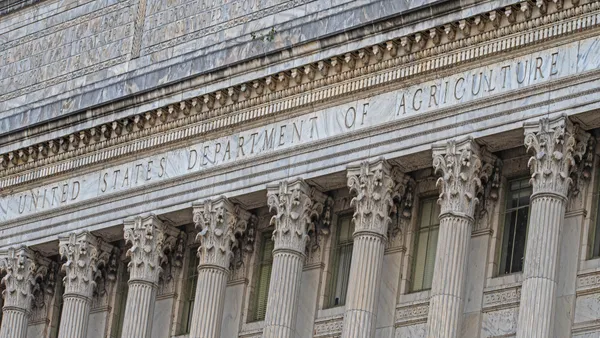Correction: A previous version of this article stated that the monofill site is 1,400 acres. The correct size is 140 acres.
UPDATE: The Massachusetts Department of Environmental Protection (DEP) recently granted provisional approval to Wheelabrator for plans to excavate a closed ash monofill adjacent to its waste-to-energy facility in Saugus, MA. By reducing the gradient in two current landfill valleys, the company would create an additional 400,000 cubic yards of capacity. Wheelabrator has also proposed using a geocomposite gas venting layer for a final cap.
This plan would add an estimated five years of capacity to a site currently so low on remaining space that Wheelabrator has applied for permission to create a staging area for exporting ash offsite. The DEP recently granted final approval to that plan as well. If this latest plan receives final approval, preliminary work would begin over the winter and into 2018. First, the public will have until Dec. 1 to submit comments and can attend a hearing on Nov. 30.
Some local residents and environmental justice advocates are still seeking to see Wheelabrator's Saugus operation closed entirely. State Rep. RoseLee Vincent, who represents the nearby municipality of Revere, has proposed legislation that would prohibit the establishment or expansion of any landfill or ash monofill adjacent to any Area of Critical Environmental Concern. The Rumney Marsh, where Wheelabrator's site is located, was recognized with that federal designation in 1988.
Dive Brief:
- Wheelabrator has received provisional approval from the Massachusetts Department of Environmental Protection (DEP) to stage and export ash from its Saugus waste-to-energy facility. The facility produces an estimated 360 tons of ash per day, which would be transported to sites in Shrewsbury, MA and Putnam, CT, as reported by the Saugus Advertiser.
- The company's 140-acre ash monofill, located next to the WTE plant, is projected to reach capacity soon. Wheelabrator has submitted a separate permit application to add an estimated five years of disposal capacity by filling in two internal valleys on the site, but that process could take longer than the current capacity will last. If the ash export plan is initiated, notice must be given to the DEP and material must be moved within 15 days of generation.
- Local officials, environmental advocates and residents remain strongly opposed to the expansion. A bylaw was passed in February by Saugus Town Meeting members capping any local landfill expansion at 50 feet. Though Attorney General Maura Healey's office recently ruled that was invalid due to procedural issues and infringement on the DEP's authority, as reported by The Daily Item.
Dive Insight:
This WTE plant is one of the oldest in the country — operating since 1975 — and is on land that was used for solid waste disposal prior to that. Because it is located directly on the Rumney Marsh, a federally recognized "area of critical environmental concern", the operation has received additional attention and scrutiny. In addition to the usual emissions questions raised by opponents of WTE, this site is also seen as vulnerable to sea level rise or extreme weather. Yet because Massachusetts has shrinking disposal capacity the 10 communities in Greater Boston that send about 1,500 tons of material to Wheelabrator Saugus every day have become reliant on its existence.
That could eventually change as discussions progress in Boston and surrounding communities about "zero waste" plans and waste reduction. Further complicating the plant's future, the Conservation Law Foundation has also filed a notice of intent to sue Wheelabrator over alleged violations of the Resource Conservation & Recovery Act and the Clean Water Act. Wheelabrator maintains that these claims are false and has said that it is in full compliance with all relevant environmental regulations.
The provisional ash export permit, which the DEP is accepting comments on through Sept. 29, could allow Wheelabrator to take material off site for up to 10 years. At a time when public and regulatory pressure is limiting U.S. WTE growth, Wheelabrator can be expected to push for the maximum use of its assets through this avenue even if the landfill expansion isn't approved. The company is also facing questions about the future of its facility in Baltimore, though recently received good news about a potential contract extension in Virginia.















